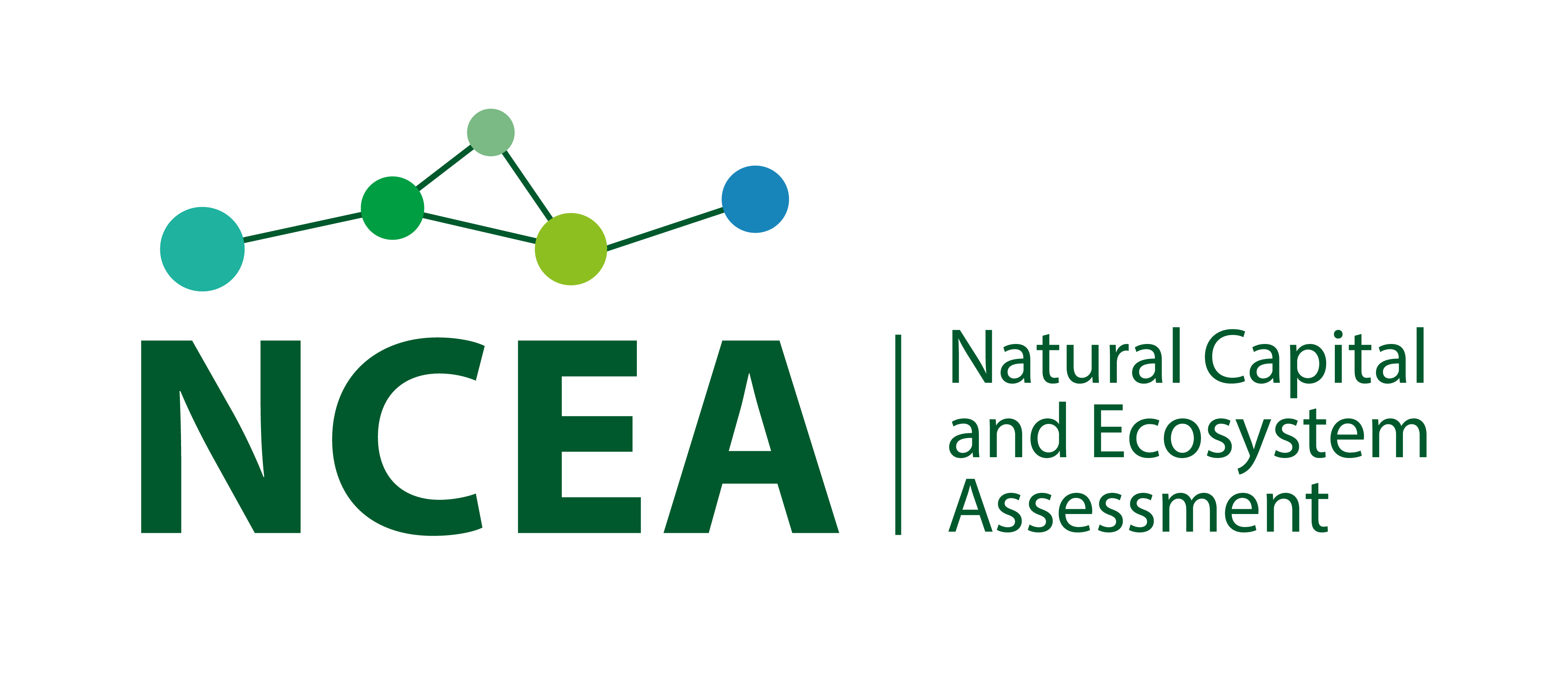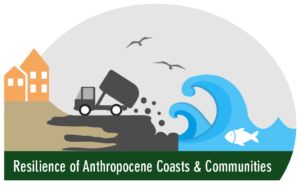
ABOUT THE PROJECT
Coastal flooding and erosion will accelerate under climate change. Our past industrialisation has left a pollution legacy of over 1,700 historic coastal landfills and 3,000 hectares of contaminated land also at risk from coastal flooding and/or erosion.
By 2100, the number of people exposed to coastal floods and erosion, and therefore legacy coastal waste, will increase significantly and almost half legacy waste sites are within 100m of environmentally sensitive areas such as protected wetlands or bathing waters. Many sites are already eroding, releasing pollution, plastics, asbestos and/or medical waste into our coastal environments with limited understanding of risks to people or the marine environment.
PROJECT LEAD
Prof Kate Spencer
Professor of Environmental Geochemistry
Queen Mary, University of London
Project duration:
1 Jul 2024 – 31 Dec 2027 (40 months)
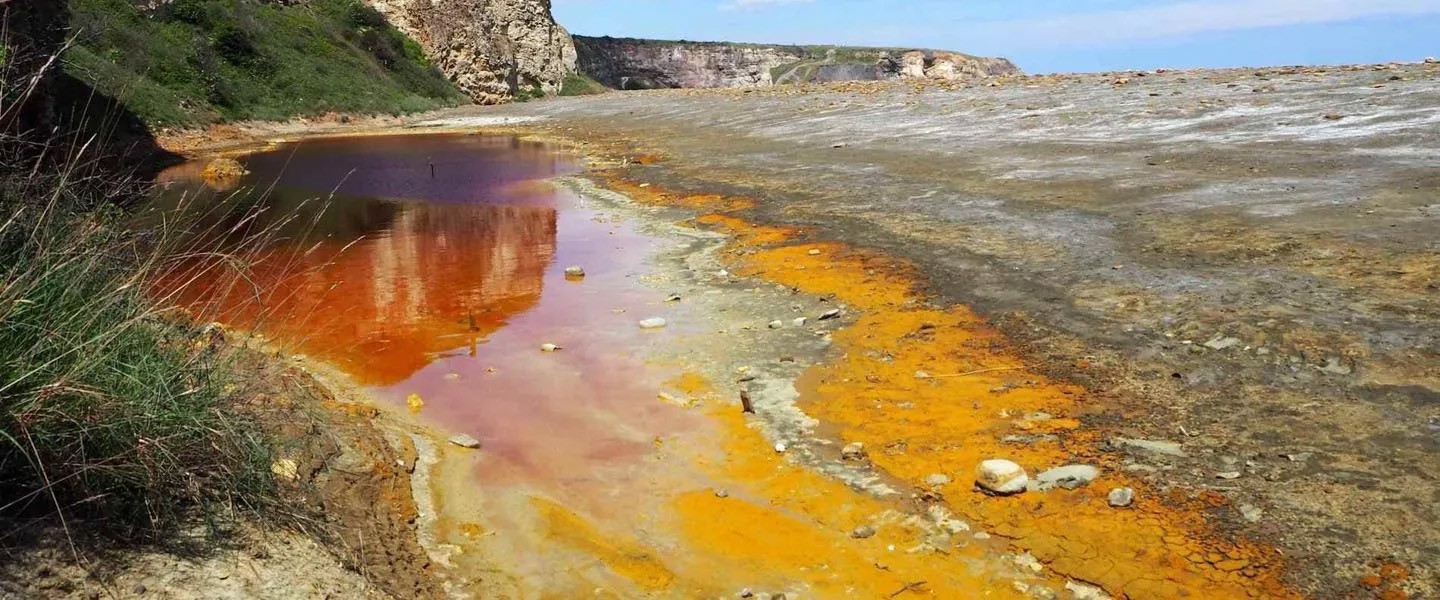
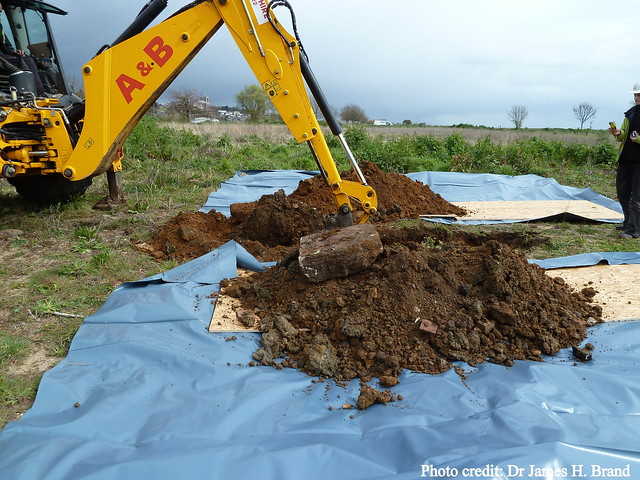
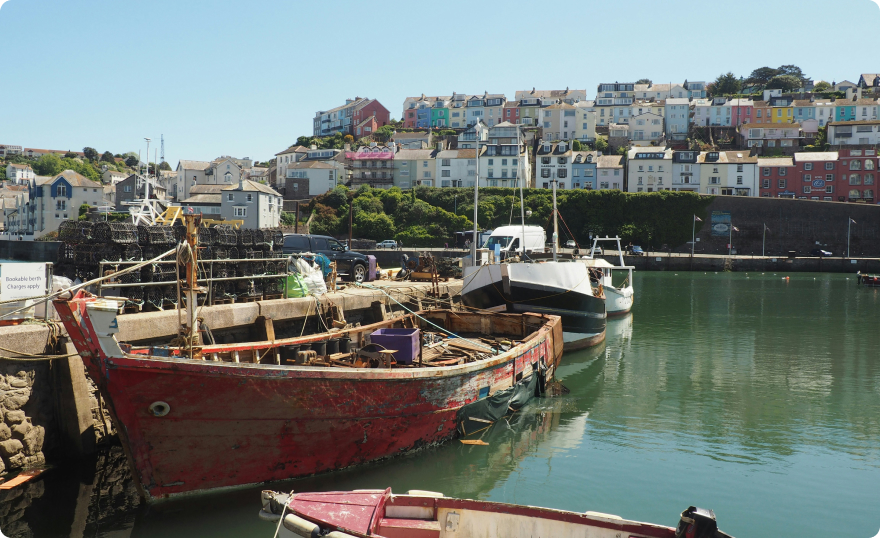
Project Partners






Background
How we manage the intergenerational burden of our past coastal waste disposal and its accelerated risk to society and ecosystems in a changing climate is a ‘burning imperative’ (Environment Agency 2022). In a “call to arms” coastal Local Authorities have identified the enormity of this problem with almost 50% reporting waste sites eroding, or ‘at risk’.
Yet we do not have sufficient evidence to:
1) build robust business cases to manage (by defending, remediating or ‘letting alone’) these sites,
2) inform sustainable coastal management decision-making (Shoreline Management Plans) that takes account of the presence of waste and
3) engage and support those communities who will live with these decisions.

Our Approach
Working in 3 ‘at-risk’ UK geographic areas we will:
- Investigate the risk of waste and pollution release under more severe flooding and coastal erosion scenarios.
- Assess the harm this pollution will do to coastal environments and adjacent communities.
- Increase collaboration between a range of stakeholders to understand the different kinds of environmental and social challenges involved.
- Facilitate inclusive debate on future efforts to manage these risks using established methods and arts-based activities to reach new audiences.
- Work with communities and policy makers to explore and co-develop policy options and practical actions that will build resilience, and identify potential co-benefits for people and place.
- Ensure the project’s approach, methods and key findings for coastal resilience measures can be scaled across the UK.
Assessing the range of risks associated with coastal waste release and building an inclusive and practical ‘toolkit’ of responses will benefit:
1) organisations who manage the coast, conserve and protect people and habitats,
and 2) landowners and communities who use and appreciate the coastal environment for its amenities and cultural value.













